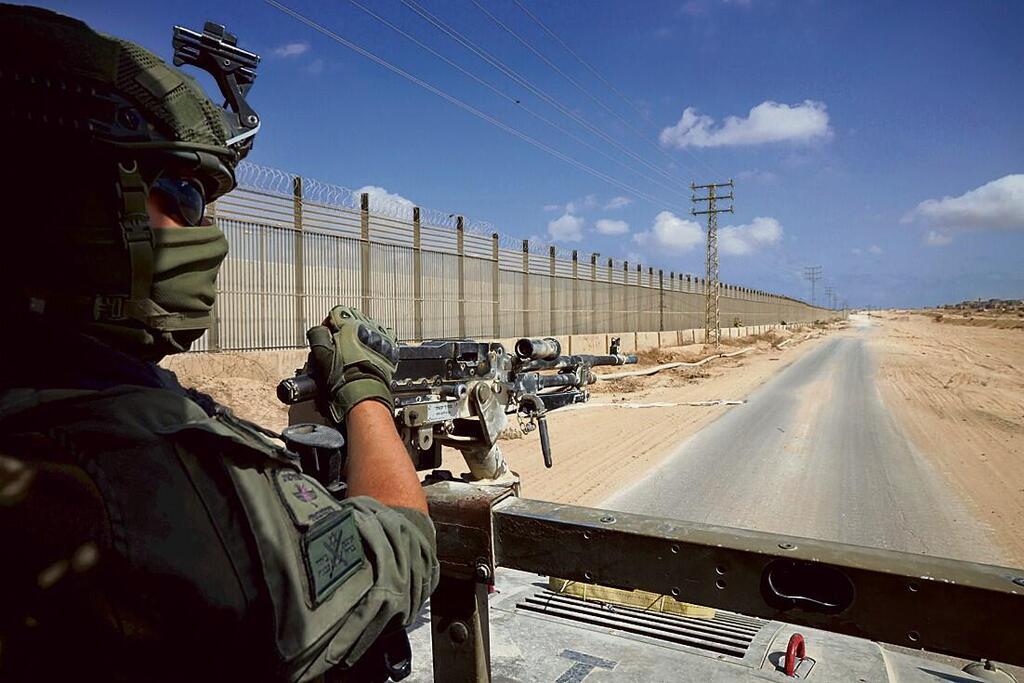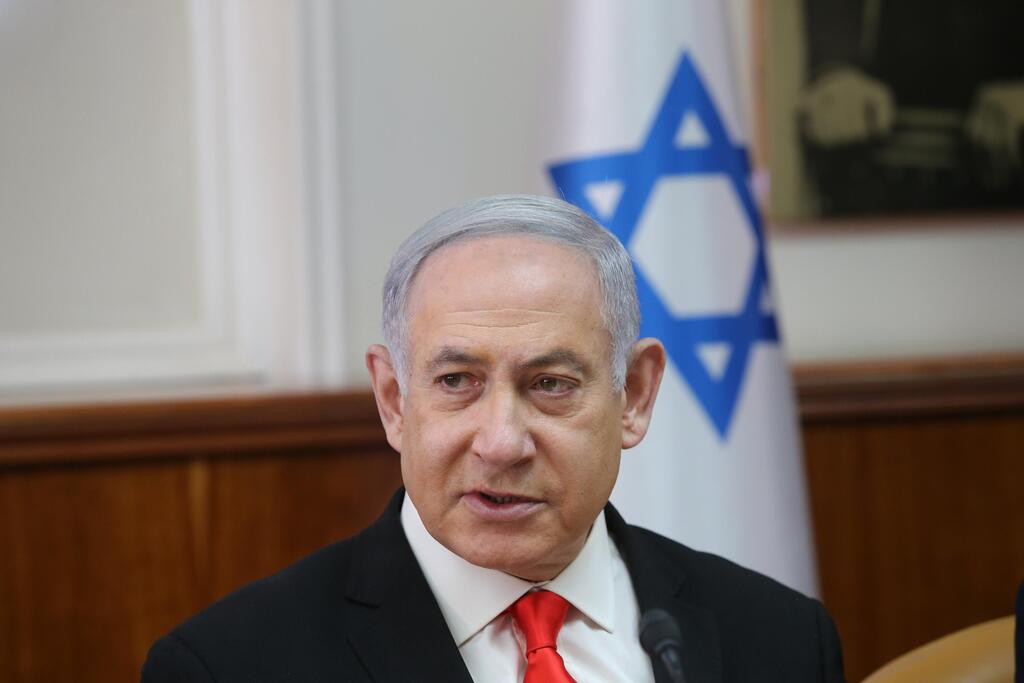Getting your Trinity Audio player ready...
The political-security cabinet voted on Thursday in favor of keeping IDF forces in the Philadelphi axis as part of a possible deal. Defense Minister Yoav Gallant was the only one to oppose the decision, eight voted in favor and National Security Minister Itamar Ben-Gvir abstained. According to sources, the IDF's maps of the forces remaining on the axis were adopted by the U.S. as part of the plan to return the hostages.
Cabinet ministers claimed in the discussion that "this decision brings the possibility of a hostage deal closer", even though this point of contention is the main one with Hamas and Egypt. According to the ministers, the decision makes it clear to Hamas that it "will have to compromise on the Philadelphi issue, just as it compromised on its demand to end the war."
Prime Minister Benjamin Netanyahu said in the discussion that October 7 was possible because the Philadelphi Corridor was not in Israeli control. According to Netanyahu, Gazans smuggled countless weapons through the Egypt-Gaza border which were used by Gaza's terrorist organizations. He stressed that this situation "will not happen again" and that this time Israel is determined to keep this border in its hands.
The prime minister and cabinet ministers criticized the defense establishment over security officials' quotes saying they would know how to retreat from the Philadelphi Corridor. This refers to security officials' assurances after the Gaza disengagement that they would know "how to deal with rockets."
The cabinet also discussed the issue of the hostages who were murdered in captivity, and the ministers were told that from a preliminary examination by the experts, "most of the hostages who died were murdered in the first half of the year, right next to the Hamas attack, and not in the last few months."
The Hostages and Missing Families Forum issued a statement following the cabinet's decision regarding the Philadelphi axis: "After almost a year of neglect, Netanyahu does not miss an opportunity to miss a deal. Not a day passes that Netanyahu does not endanger the return of all the hostages home. The government didn't feel pressure to launch an attack in Rafah and the southern Gaza Strip in the first months of war. What will happen if we withdraw from the axis for a fixed period and finalize a hostage deal?"
The Hostages and Missing Families Forum also stated that "the IDF has confirmed the demolition of 80% of the Hamas tunnels in Rafah, the Americans, and the Egyptians are giving guarantees that were not there before, including the construction of a barrier, in Rafah the Egyptians are ready for an Israeli presence and request a modest presence of the Palestinian Authority. Is this why they abandon hostages and sabotage a deal?"
A week ago it was announced that the prime minister agreed to retreat hundreds of meters behind the Philadelphi route. However, this slight compromise did not lead to a breakthrough in the hostage deal negotiations. U.S. President Joe Biden spoke with Netanyahu last week and asked him to be more flexible on the issue of the Philadelphia axis between the southern Gaza Strip and Sinai.
According to various reports, Israeli and Egyptian teams have discussed in recent months proposals for alternative solutions that may allow for a compromise, such as the construction of an underground barrier, sensors, and cameras or observation towers to prevent arms smuggling through the Philadelphi axis. Another possible outcome was deploying an international force. The Egyptian mediators opposed to the Israeli demand to maintain a military presence in the Philadelphi axis, but agreed to convey the proposed Israeli outline to Hamas as part of the negotiations.




